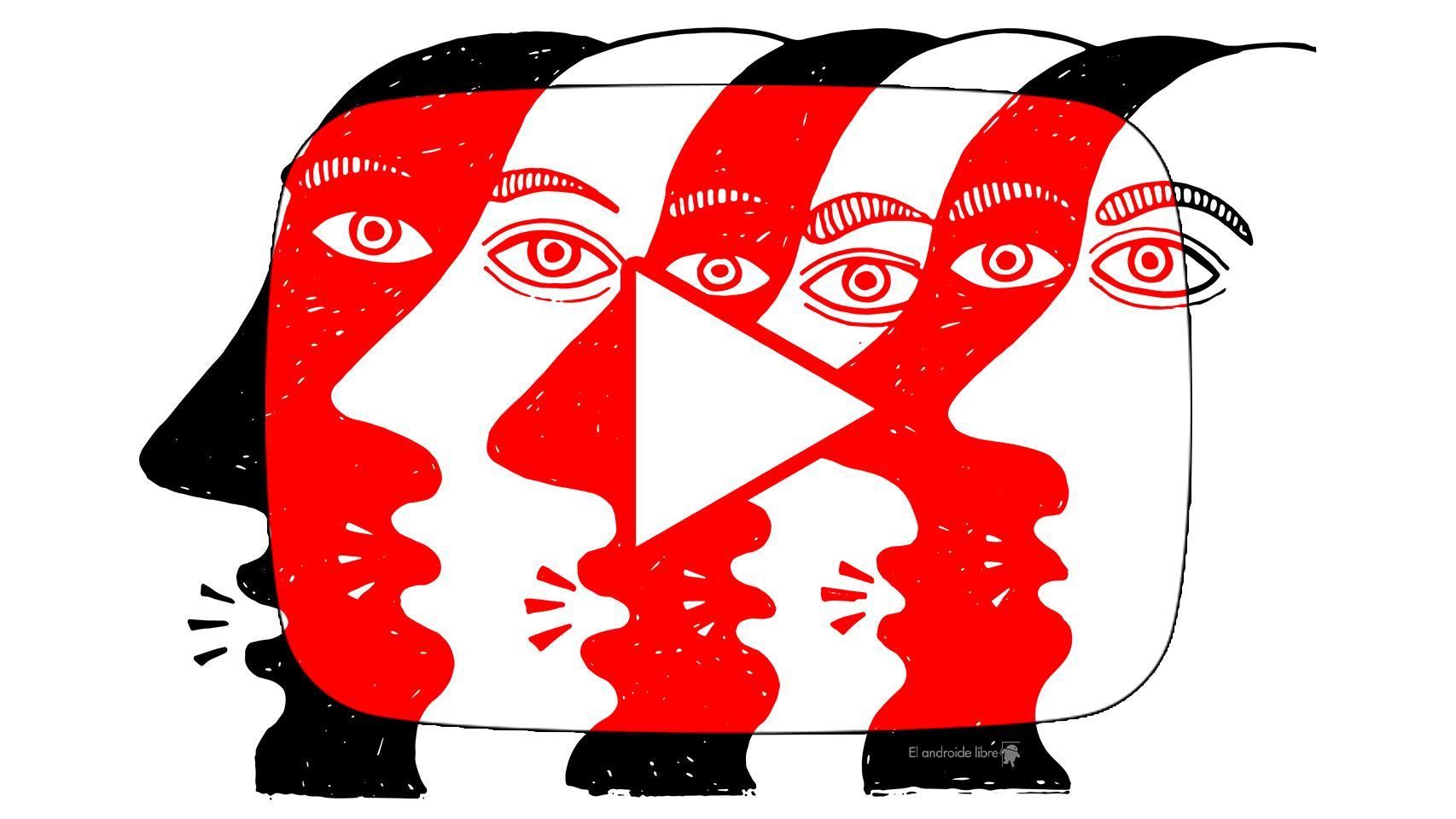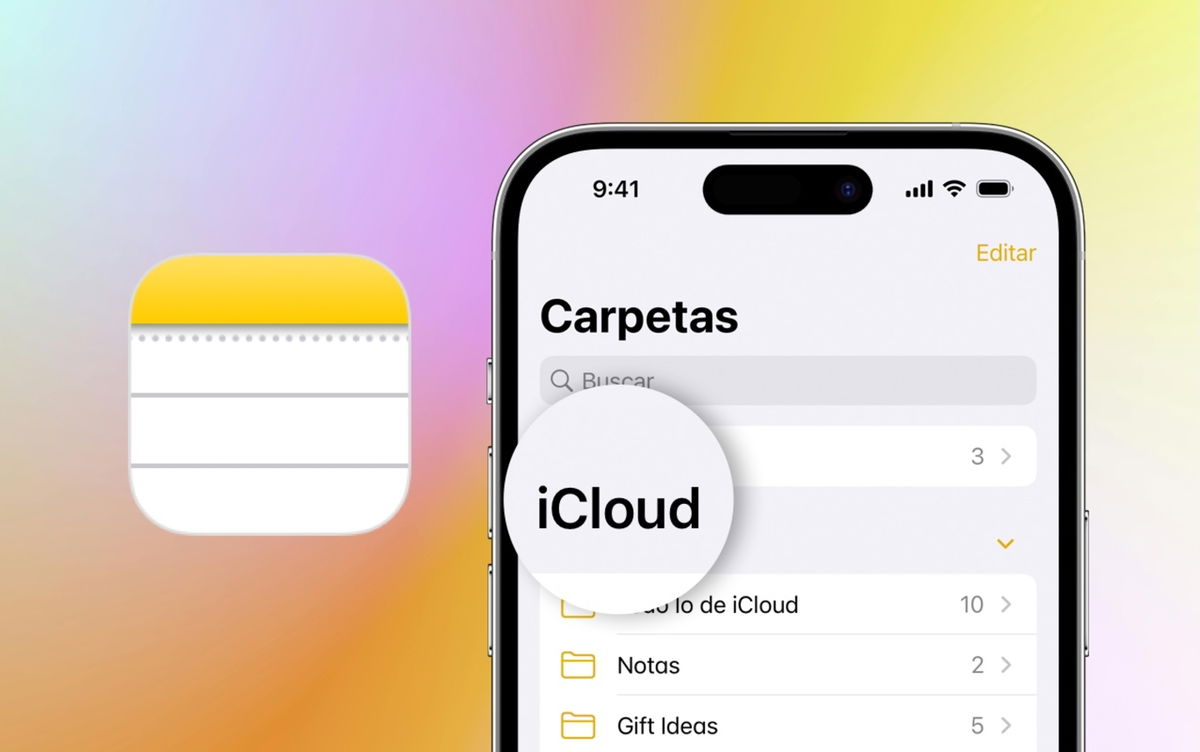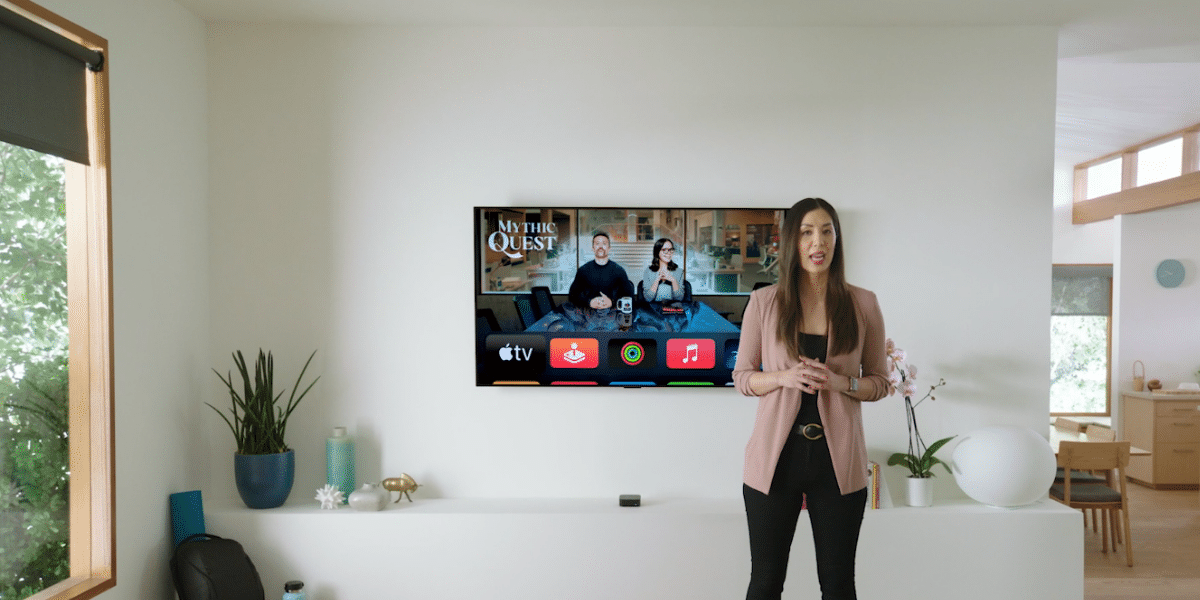
We have been talking for a long time about possible changes that Apple would have to make to adapt to the new regulations imposed by the DMA (Digital Markets Act). Today Apple made them public and some are surprising and unexpected.
The first thing that Apple wanted to clarify is that New changes imposed by the DMA open new avenues for fraud, scams and malware. That’s why the company wanted to ensure the security of its devices for its users with new protections, such as legalization of iOS applications and developer authorization.
The changes we are announcing today meet the requirements of the European Union’s Digital Markets Act, while helping to protect EU users from the inevitable growing privacy and security threats that this regulation entails. Our priority remains creating the best and safest experience possible for our users in the EU and around the world,” said Phil Schiller, Apple Fellow. “Developers can now learn about the new tools and terms available for alternative app distribution and alternative payment processing, new features for alternative browser engines and contactless payments, and much more. It is important to note that developers can choose to keep the same commercial terms in effect today if they wish.
Changes in iOS
Apple is preparing a series of changes for iOS in order to comply with the DMA:
- New alternative app stores to distribute iOS apps
- New framework and API to create alternative app stores
- New frameworks and APIs for alternative browser engines that allow developers to use browser engines other than Safari
- New APIs to allow developers to use NFC technology in banking apps enabling payments other than Apple Pay
These new options create new risks for usersApple has therefore taken measures to minimize these risks:
- iOS app notarization: Apple will review all apps, even if they are downloaded from stores other than the App Store
- App install sheets: In alternative stores, apps will need to display information similar to what we now see in the App Store
- Allow store developers to ensure they meet Apple’s requirements
- Additional malware protection that will prevent the application from running if any type of malware is detected in it

Changes in Safari
Apple will ask users to choose their default browser when they open Safari for the first time. Without the user even asking, he will have to see a screen on which he will have to choose the browser he wants to use, some of which he will surely never know. But it is a requirement of the DMA.
Changes in the App Store
In the App Store, Apple shares a series of changes for app developers in the EUwhich affect apps across all Apple operating systems, including iOS, iPadOS, macOS, watchOS, and tvOS.
- New options to use in-app payment service providers (PSPs) to process payments
- New options for processing payments through external links that appear in developers’ apps, outside of Apple’s control.
- App labels identifying apps offering alternative payments to Apple
- Information sheets indicating when a user will use an alternative payment service to Apple’s
- New application review processes
- Game streaming apps are allowed, use of Safari will no longer be mandatory
Apple specifies that for applications that use alternative payment systems, APple will not be able to issue any type of refund and will not be able to help in the event of problems, scams or fraud. The “Family Sharing” feature cannot be used either.
New rates
The new trading conditions for iOS apps in the EU have three elements:
- Reduced commission– iOS apps on the App Store will pay a reduced commission of 10% after their first year, or 17% for goods and services transactions.
- Payment processing fees– iOS apps on the App Store can use App Store payment processing for an additional 3% fee. If they don’t want to, they can use their own payment service provider within their app or via links to their website.
- Basic technology fees: iOS apps distributed from the App Store or an alternative app store will pay $0.50 for each first annual install above the threshold of 1 million installs per year.
Table of Contents








